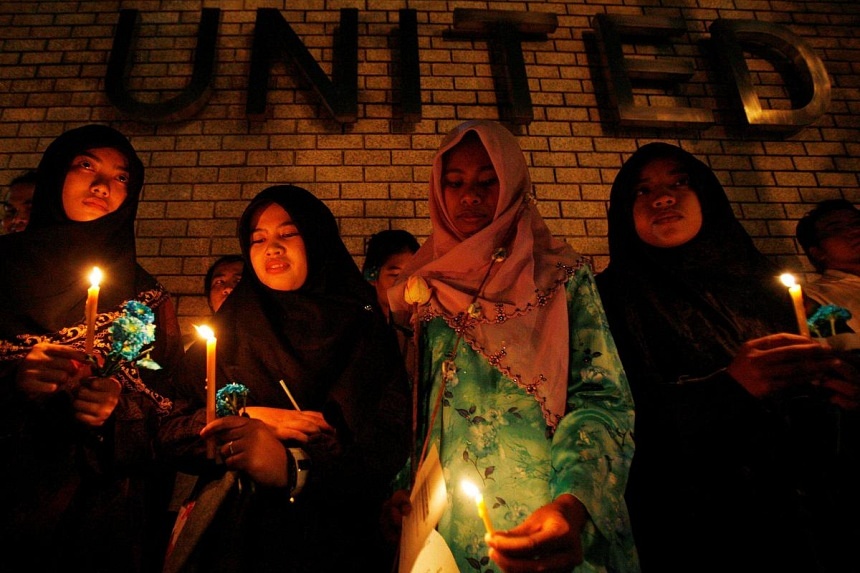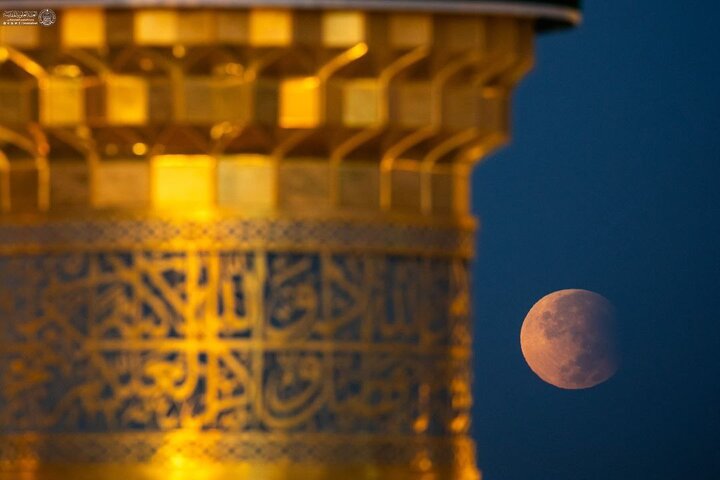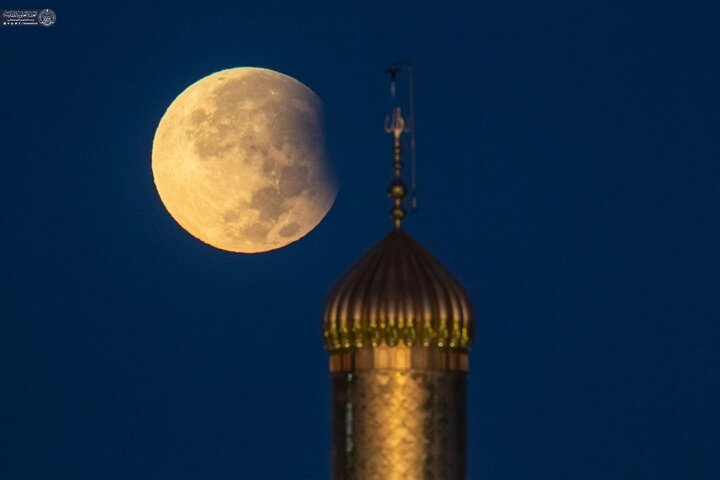Written by Aaron Su and Chao-Kai Huang.
Image credit: North American Taiwan Studies Association.
“How much will the interruption brought by the Indigenous studies of Taiwan be ‘tolerated’ by Taiwan studies?”
For the Opening Ceremony of this year’s North American Taiwan Studies Association Annual Meeting, we were thrilled to plan an event centred on the experiences of early-stage scholars working within the field of Taiwanese Indigenous studies in a wide range of institutions and disciplines across North America. But this guiding question from one of our speakers, Leeve Palrai/Yu Liang, captured a central dilemma of our work this year. That is, making space for Indigenous studies—in Taiwan or North America—cannot become a mere matter of representation or inclusion. The embrace of Indigenous populations into a liberal multicultural order is, as scholars like Glen Coulthard and Tomo Sugimoto argue, a key strategy adopted by settler-colonial governments to obfuscate Indigenous people’s land rights and larger political claims.
What Leeve Palrai suggested in this question is that there already exists a “threshold” of tolerance that Taiwan studies has for Indigenous studies scholarship. But thinking deeply and critically about Indigeneity does not allow for such an easy resolution. After all, Indigeneity is necessarily and fundamentally disruptive, transforming our taken-for-granted notions of Taiwan (or any settler state) by focusing on the dispossessed and marginalised stewards upon which any notion of Taiwan’s contemporary freedom or progressivism stands. As her follow-up questions importantly articulate: “What is at stake in studying Indigenous Taiwan in its own right, rather than one of many attachments within the patchwork of Taiwan studies? And what would Taiwan studies look like if we ‘indigenise’ every research topic, making Indigenous research not just an additional contribution but a structural reflection?”
As opposed to a strictly academic forum, then, our Opening Ceremony sought to capture this transformational work, inviting three Taiwanese Indigenous scholars—Leeve Palrai, Nikal Kabala’an, and Eleng Kazangiljan—who have been actively involved in these institutional shifts. We were particularly struck by the doubly challenging feat of carving out a space for Taiwanese Indigenous studies not only in Taiwan but also in the additional settler-colonial context of North America, where Indigenous studies are likewise “tolerated” but sidelined. We asked panellists about what opportunities for solidarity, or differing insights about settler colonialism, might be produced by Indigenous studies perspectives across North America and Taiwan.
Building Relationships
One of the ideas raised and critically examined in this opening roundtable is the notion of building and reconfiguring relationships between Indigenous studies and other disciplines. Though the three speakers approached the subject from distinct perspectives, they all argued the importance of interdisciplinary and cross-disciplinary dialogues, which could potentially lead to a more equitable and comprehensive understanding of Indigenous peoples and histories across borders and situate them in a transnational context.
This year’s NATSA President, Yung-Ying Chang, welcomed attendees to this year’s conference and acknowledged the Indigenous stewards of both New York and Taiwan before the panel commenced. Then, Nikal Kabala’an/Margaret Yun-Pu Tu, a PhD candidate in the School of Law at the University of Washington, began with her presentation titled, “All my relations: My journey in Indigenous studies between Taiwan and Seattle.” Grounded in “all her relations”—thus emphasising the mutual entanglements of human societies, animals, and environments—her presentation introduced her urban Pangcah background and discussed her various affiliations—with the UW Taiwan Studies Program, Burke Museum, and Centre for American Indian and Indigenous Studies—as multidisciplinary means to cultivate international Indigenous engagements through art, scholarship, curation, and political activism. Tu thus advanced a theory of Indigenous-centred change that involved action across sectors, from archival investigations to diplomatic travel.
While Nikal’s presentation focused on her personal experiences and engagements in building relationships with diverse disciplines and institutions, our second presenter, Leeve Palrai, urged the audience to turn our attention to the problems in the current narratives of Taiwanese Indigenous studies and how these interwoven narratives perpetuate the legacy of settler colonialism. Leeve Palrai/Yu Liang, a PhD candidate in Anthropology at Cornell University from the ‘oponoho Rukai community, delivered an incisive presentation titled “Toward an Intersectionality of Coevalness,” in which she discussed multifaceted issues across disciplines in carving out a space for Taiwanese Indigenous studies.
Leeve Palrai began with a critique of “the unavoidable labour of contextualisation,” in which she explained the never-ending feat of explaining Indigenous livelihoods after 1624 in Taiwan to those who assume their disappearance. She discussed the fraught yet possible relationships between settler colonial studies, global Indigenous studies, and Taiwan and China studies despite the current historiographical marginalisation of Indigenous peoples. She also brought to the attention some contemporary examples of Indigenous “forced transculturation,” such as in Lai Ching-te’s presidential campaign materials, which weave Indigenous peoples into an inclusive multicultural narrative without acknowledging their history as original stewards of Taiwan or their history of dispossession.
Transnational Solidarities
Recognising the persistent problems of undermining Indigenous subjectivity, the last speaker of this roundtable shed light on the importance of building relationships from a framework of transnational solidarity. Eleng Kazangiljan/Wun-Syuan Guo, who recently completed her Master’s in Law (LLM) at the University of Hawai’i, shared her talk titled “Exploring the Path to Self-determination: Reflection on the Taiwan and Hawaiʻi Experience.” She introduced her Paiwan background before sharing a comprehensive history of Hawaiian and Taiwanese Indigenous self-determination movements, as well as the solidarities and difficulties that arose during the navigation of her Indigenous subject position in Hawai’i. For instance, she noted that a shared Austronesian heritage often served no use in connecting her to Indigenous Hawaiians, as few communities reify these scientific genealogies in the same way that scholars do. She concluded by emphasising an expansive notion of solidarity, stating that “because you love the land as much as I do, we love each other. The land will not reject anyone who takes care of it.”
Echoing and building on Eleng Kazangiljan’s arguments, discussant Lai Yi-Yu, a PhD candidate in Anthropology at the University of Hawai’i, summarised important dimensions of the panellists’ arguments while emphasising the importance of transnational solidarities across global Indigenous movements. Lai discussed international Indigenous experiences from the situated perspective of his fieldwork in the Philippines while also noting the crucial historical differences that make solidarities both vexed and aspirational.
The roundtable sparked meaningful and enlightening discussions among the audience as well, inspiring questions about the future of Taiwan studies as well as the role of gender in Indigenous studies and experiences. Their questions further highlighted the much-sought discussions on connections and contextualisations, resonating with the speakers’ sharing and arguments.
Going forward, we stay close to Leeve Palrai’s initial provocation, emphasising that making a space for Indigenous studies in Taiwan and North America cannot remain a matter of tolerance. Producing knowledge about Taiwan grounded in Indigenous perspectives must necessarily transform the stakes and organising questions of all Taiwan scholarship. Dedicating this year’s NATSA Opening Ceremony to the exploration of Taiwanese Indigenous studies constitutes but one step in the ongoing transformation of academic knowledge and public discourse in and about Taiwan.
Aaron Su is a PhD candidate in Anthropology at Princeton University. His ethnographic research investigates novel government programs that demand the participation of Indigenous communities in projects of technological innovation in Taiwan. He critically analyses the discrepant political, medical, and environmental futures envisioned by the state versus Indigenous communities, which are often concealed by optimistic portrayals of technological collaboration.
Chao-Kai Huang is a PhD candidate in Social Work at Arizona State University. His research focuses on Indigenous well-being and resilience, with previous studies on elders, young adults, and the LGBT population in Taiwan. Currently, his dissertation examines the childhood residency experiences of urban Native parents in the U.S. and their parenting patterns in adulthood, emphasising cultural engagement, which is often oversimplified in discussions of Indigenous families in urban settings.
This article was published as part of a special issue on ‘NATSA: Taiwan Studies Matters’.














